The Pros and Cons of Feeding Your Hedgehog Cat Food
Since the dawn of time (okay, not that long, but since hedgehogs became popular as pets) hedgehog owners and breeders have debated over what food is best for feeding their spiny friends. The great food debate continues today, and exotics vets, breeders, hog owners, and a vast amount of other resources still tend to disagree on what food is best. Let's explore this topic further.
An Effective Substitute
Historically, commercial hedgehog food was not always available, and then when it initially became available, it wasn't as nutritious as many people had hoped for. Cat food is available to almost everyone, no matter where they live, and it contains protein. It's a small kibble that hedgehogs can eat. This is why many people opted and may still choose to feed their pet cat food instead of hedgehog kibble. Another reason why people may feed cat food to hedgehogs is that they simply continue to feed whatever the pet store or breeder used after taking their new hog home. Cat food is offered instead of dog food because it is a smaller kibble that most hedgehogs don't have a problem chewing.
The Pros of Cat Food
Some people have only had experience with the early days of hedgehog food or low-quality brands of hedgehog food, therefore they feed a very high protein brand of cat food instead. The protein source doesn't bother them and the fiber in the diet replaces the chitin component. They can also readily get high protein cat food from their local grocery or pet store instead of having to order good hedgehog food online, or having to drive to a specialty pet store. Not every pet store carries hedgehog food, especially smaller stores that know that the majority of their customers don't have pet hedgehogs.
Nutritional Requirements
Hedgehogs are omnivores or insectivores, depending on where you look it up. This means their primary food should be made up of insect protein (chitin) and a variety of fruits, vegetables, cooked meats, live insects (such as mealworms) and more. In the wild, they are opportunistic feeders and will eat almost whatever looks tasty. They hang out in gardens and have up to 44 little teeth to munch on practically anything they want. Therefore, we need to think about what we offer them to eat in captivity.
Hedgehogs require a mixture of protein, fat, carbohydrates, fiber, water, and more. Protein in the food you choose should be over 20 percent, fat should be between five and 15 percent, and a good amount of fiber. Dr. Graffam, who did a lot of research on hedgehog nutritional requirements at the Bronx Zoo in the 1990s, states that if canned cat food is fed to your hedgehog, you should supplement it with more fiber (Benefiber, baby oatmeal, etc.) and that hedgehogs need hard foods to crunch on to maintain their tiny teeth. A variety of protein sources is best, but insects and poultry are easiest for hedgehogs to digest.
The Best Option
Feed your hedgehog a quality, dry, hedgehog food with at least 20 percent protein and a fiber content with double digits as the staple food. You should also make sure the food has L-carnitine listed as an ingredient for heart health, or supplement the diet with a small amount (ask your exotics vet how much, but usually a hedgehog needs about 50 mg a day for treatment of cardiomyopathy). Many zoos, universities, parks, and museums feed Exotic Nutrition's Hedgehog Complete Food or Mazuri Hedgehog Diet. In addition to this food, you should offer live insects, cooked chicken, vegetables, and fruits. A very small amount of canned cat food can be offered as a treat. Stay away from seeds, raisins, and dried fruits and vegetables (they get stuck in their mouths).
If you are unable to order your hedgehog's food online and your local pet store doesn't carry a quality hedgehog kibble, then the next best thing is to feed a holistic or high-quality chicken cat food with a small kibble. Just remember that this is not the ideal food since there is no blood meal or chitin in it like hedgehog food contains.
Explore Dogs
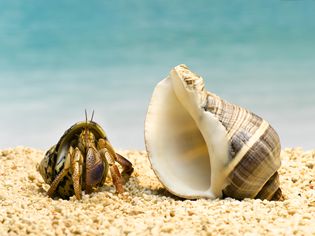
Hermit Crab Molting Signs
Hermit crabs molt on a regular basis as they grow but it is surprisingly easy to mistake a molting ...
Read More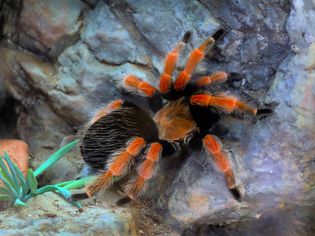
How to Care for a Pet Mexican Red-Knee Tarantula
Mexican red-knee tarantulas are actually two different spider species that are native to the Pacifi...
Read More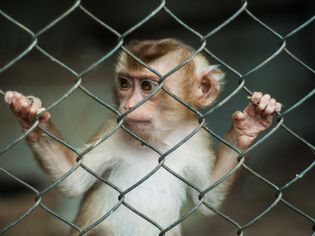
Should You Keep a Pet Monkey?
Taking on a pet monkey is not like caring for most other pets. A well-cared-for monkey can generall...
Read More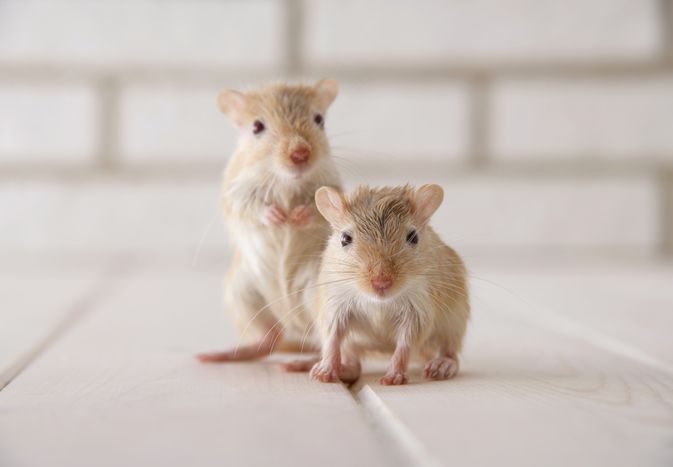
How to Care for a Pet Gerbil
Gerbils are popular pets that are relatively inexpensive and easy to care for. They are burrowing r...
Read More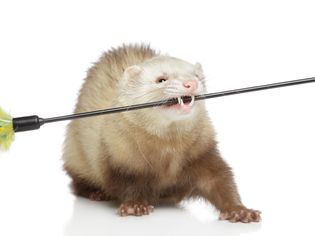
Do Ferrets Bite?
Ferrets are very popular pets and while they are often considered caged pets, they actually do much...
Read More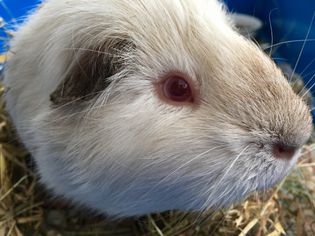
How to Care for a Himalayan Guinea Pig
Guinea pigs are very popular pets. Not only do they make great family pets because they are the per...
Read More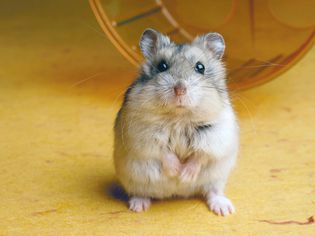
How to Stop Your Hamster From Biting
Hamsters do bite sometimes, though it'll typically only happen when they get scared. Most of th...
Read More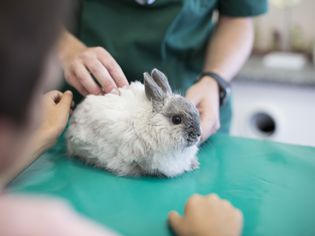
Why Your Pet Rabbit Is Limping
Rabbits have quite the back leg strength and are well-known for their hopping ability. But just lik...
Read More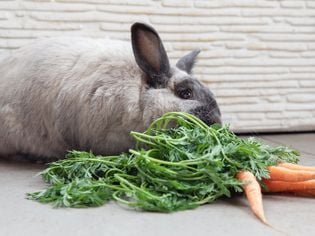
Safe Wood and Other Plants for Rabbits
Rabbits need to chew on things regularly to keep their teeth trimmed and healthy. Wood is a popular...
Read More